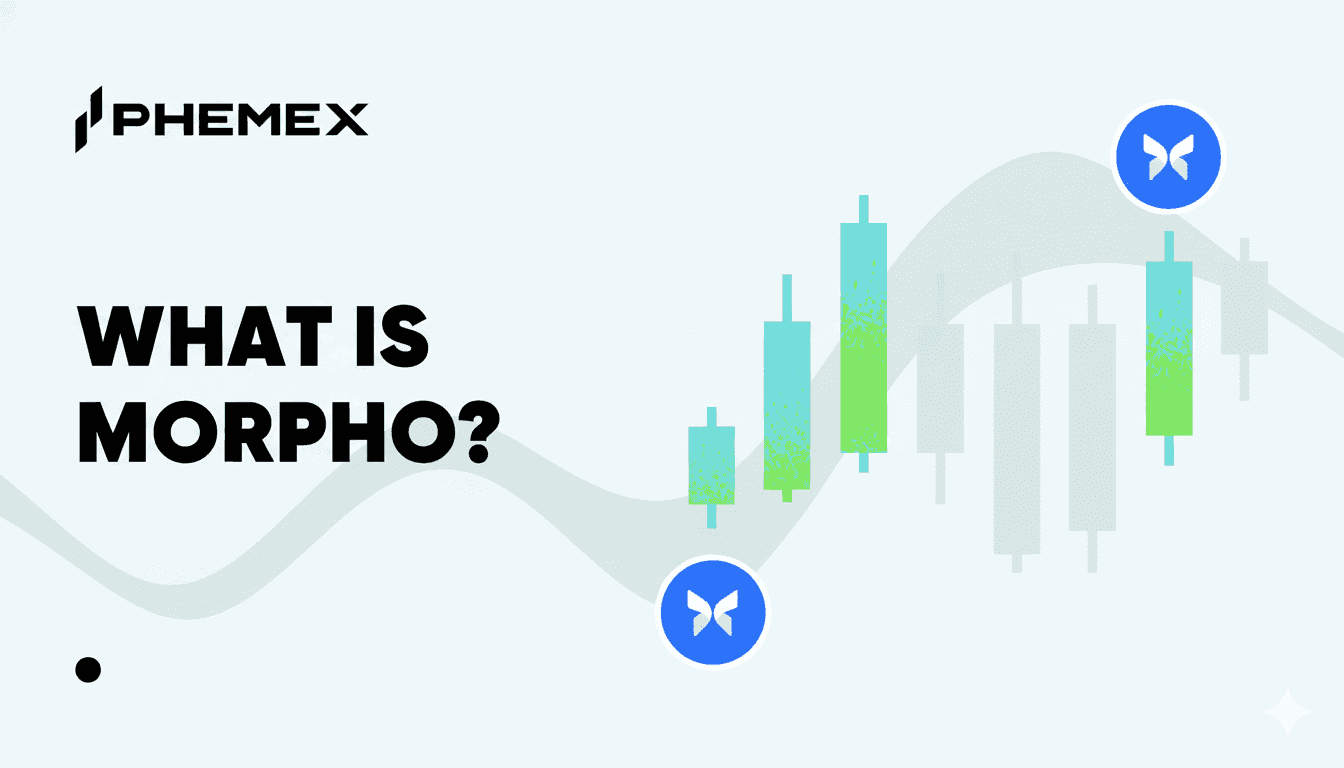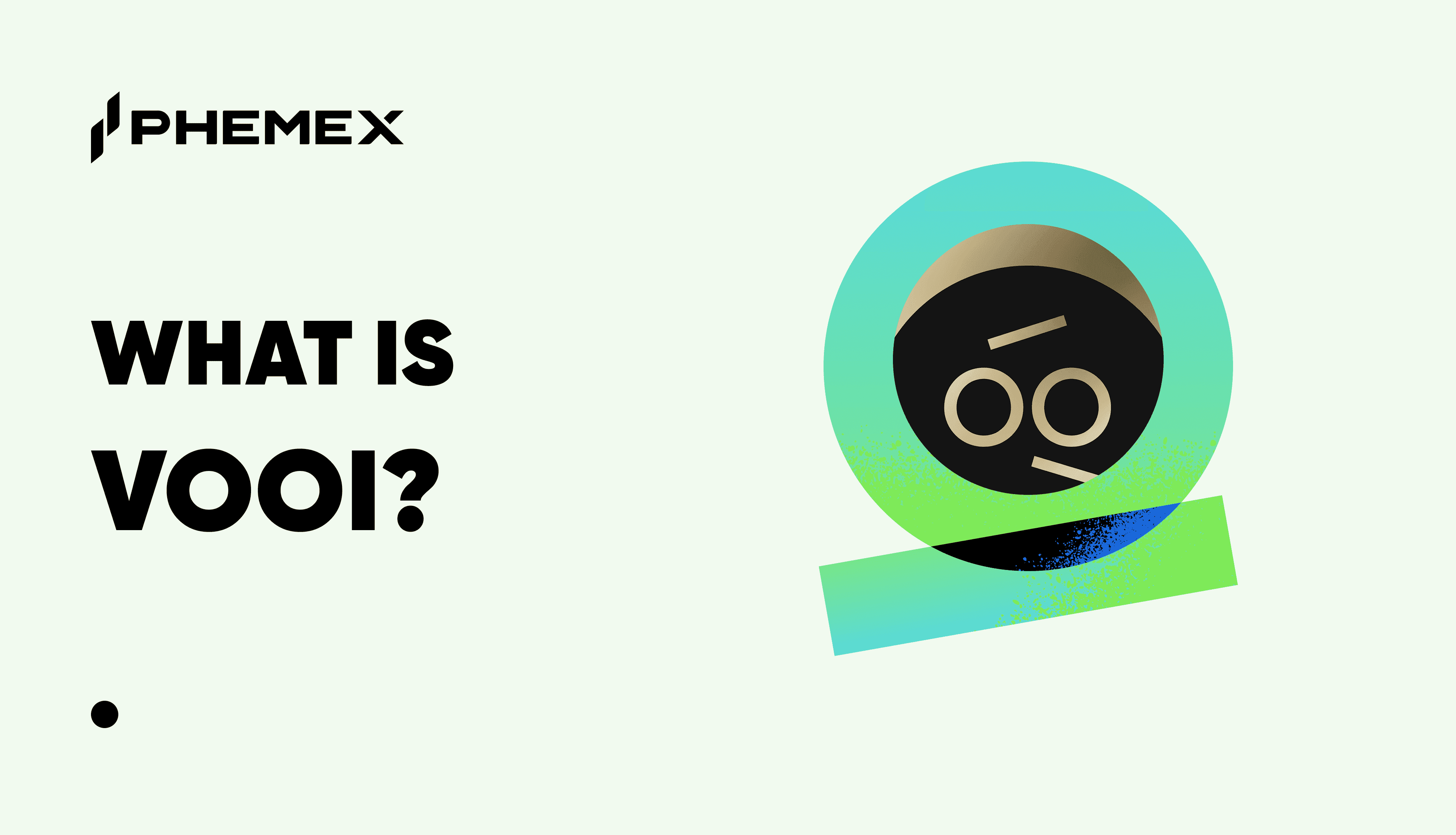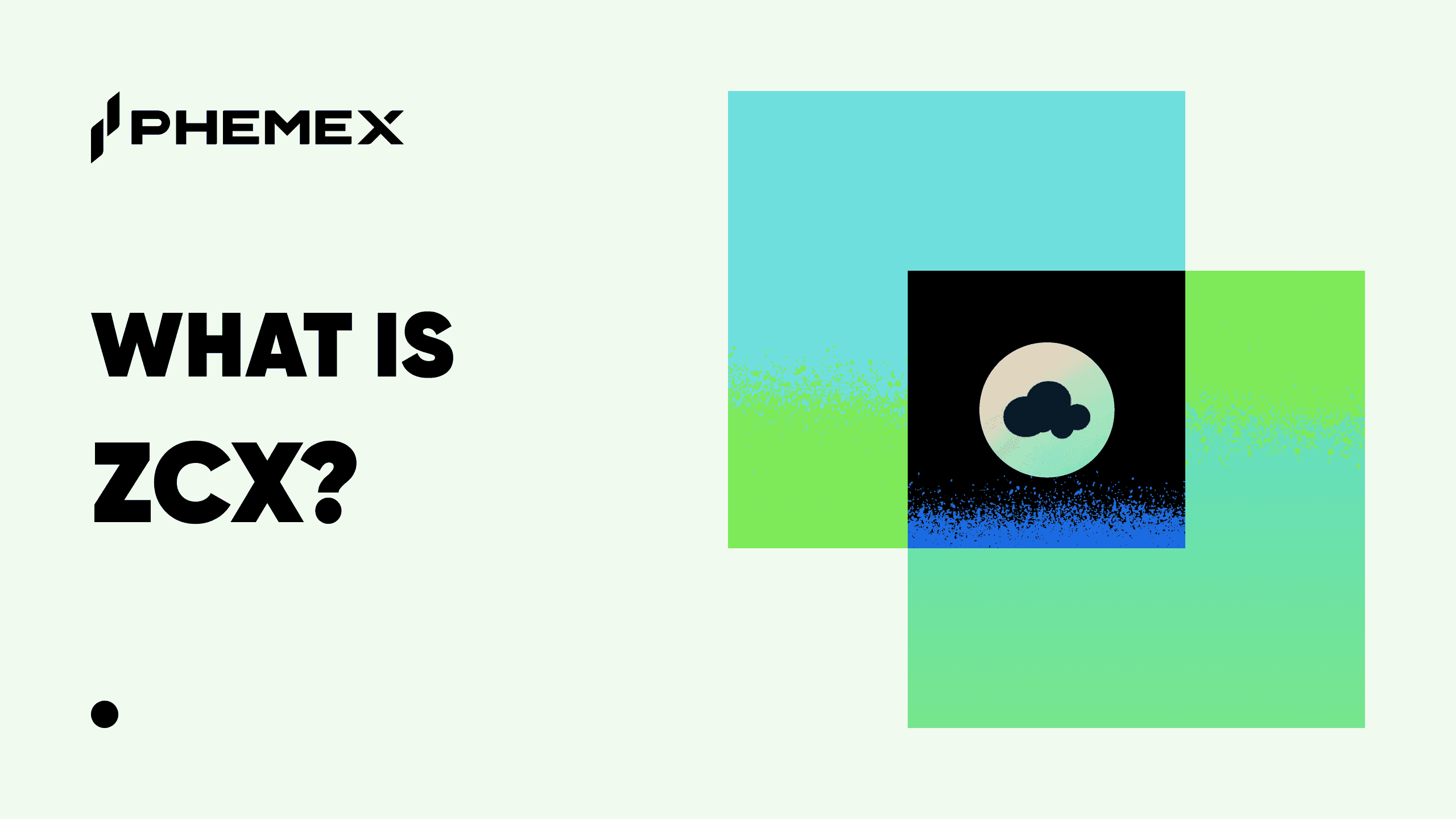Summary
- What is a Decentralized Exchange (DEX): A DEX is a peer-to-peer marketplace that enables transactions to be carried out without a centralized intermediary.
- You can’t trade Bitcoin directly on DEXs. However, Wrapped BTC (WBTC), for example, offers a way to use Bitcoin (BTC) on the Ethereum blockchain.
- There are 3 types of DEXs: Order book exchanges, AMM exchanges, and DEX aggregators.

What is a Decentralized Exchange (DEX)?
A decentralized exchange, also known as a DEX, is a peer-to-peer marketplace that enables transactions to be carried out without a centralized intermediary, like a bank or broker. Most DEXs are operated on the Ethereum blockchain. With the rise of decentralized finance (DeFi) DEXs have seen an explosion in usage. According to Coinbase, $217 billion was exchanged on DEXs in the first quarter of 2021, with more than 2 million DeFi traders by April, a ten-fold rise from May 2020.
3 Types of DEXs in Crypto
There are a few types of DEXs, but currently, there are three types that dominate the stage:
- Order book exchanges: Order book exchanges (the original DEX) work in a way that is closer to a traditional exchange. They organize the assets and trading pairs according to trading prices and external information. This means that there is higher volatility when exchanging. Additionally, they require their users to deposit assets in the exchange before making a trade. With the cryptocurrency market being as fast-changing as it is, this additional time to deposit assets can be disadvantageous to traders.
- Automatic market maker (AMM) exchanges, also known as Swap exchanges:As a fully automated platform, AMM exchanges, such as Uniswap, allow for instant swaps with low fees. Additionally, they do not require the depositing of assets in an exchange prior to swapping. They also rely on the pricing algorithm rather than outside information which could impact costs and lead to bullish or bearish This makes them more transparent than order book exchanges.
- DEX aggregators: These types of DEXs use their technology to monitor crypto prices across all DEX marketplaces to offer the buyer the cheapest possible exchange rate.
How does a Decentralized Exchange Work?
In order to stay decentralized, DEXs rely on smart contracts to establish cryptocurrency prices through algorithms. In order to facilitate these trades, liquidity pools (LPs), where investors stake their assets in return for rewards, are also used. As with many DeFi products, DEXs are built with a mind toward innovation and development. For this reason, they are mainly built on open-source code, meaning that anyone can adapt the code to create new competing projects. Hence, the emergence of Pancakeswap, Bakeryswap, and Sushiswap from Uniswap.
Decentralized Exchange vs. Centralized Exchange, what’s the Difference?
Broker or smart contract
Different from a centralized exchange (CEX), where a middleman such as a company, broker, or bank, is needed to carry out the transaction, DEXs rely solely on blockchain technology and its traders.
Private database or blockchain
CEX transactions are recorded in the company database and require proof of identification (ID). With one point of failure,e., open to human error or hacking, CEXs are considered less secure than DEXs. Moreover, DEXs do not require identification and record everything securely and in a trustless way on the blockchain.
Fiat or crypto
DEXs only deal in cryptocurrencies, with no possibility to exchange fiat currencies, whereas CEXs will work with both.
Fees
Despite DEXs relying on automated functions, while CEXs have overheads, including personnel, DEXs are currently still the more expensive of the two. This is expected to be removed by Ethereum’s ongoing upgrade to Ethereum 2.0, and its layer 2 solutions. Following the upgrade, not only will Ethereum’s gas fees be lowered and transactions sped up, but its emissions could be reduced by up to 90%.
Key differences between CEXs and DEXs. (Source: CryptoIncome.io)
What are the Downsides of Using a DEX?
DEXs offer many positives, including speed, confidentiality, complete user independence, and of course decentralization, but they still have some limitations:
- It is not possible to trade with Fiat on DEXs: DEXs do not offer the possibility to trade with fiat currencies. This can be an issue due to the limited goods and services offered in exchange for cryptocurrency. Thus, before being able to spend their assets in a real-world context, users must convert their crypto into fiat currencies.
- Margin Trading is not an option on DEXs: No options exist for margin trading, meaning that users are unable to borrow to invest.
- There are a limit amount of tokens you can trade on DEXs: DEXs utilize smart contracts, which though simplifying the process and being the backbone of decentralization, also limit which tokens can be traded. DEXs are perfect for trading ERC20 tokens, but not so much for trading BTC or other non-Ethereum tokens.

Can Bitcoin be Traded on a DEX?
In February 2021, X9 developers managed the first trade of BTC on a DEX. Unfortunately, this was accomplished using a DEX built on the Bitcoin blockchain, whereas most popular and trusted DEXs are built on Ethereum. Up until very recently, the immaturity of blockchain infrastructure meant that crossovers between blockchains were impossible. However, this has all been changing rapidly.
Wrapped BTC (WBTC), for example, offers a way to use Bitcoin (BTC) on the Ethereum blockchain. However, despite this getting close to trading BTC on a DEX, WBTC requires centralized platforms for minting and storing, which thereby removes the whole premise of a DEX. One of 2021’s new additions to the crypto family, Badger DAO, meanwhile, has come the closest to allowing BTC trading on Ethereum DEXs. It cannot employ pure BTC on Ethereum, but by using its DIGG token, which works in a similar way to WBTC but is fully decentralized, BTC can now be used as collateral on other blockchains. With this step forward, it is only a matter of time before BTC is tradeable on Ethereum DEXs.
How to Make Money on Decentralized Exchanges
DEX As Traditional Exchange
The most traditional way to make money on a DEX is to use it in the same way you would a currency exchange. By watching the market and conversion rates, individuals can quickly buy and sell cryptocurrencies in order to make a profit.
DEX As Liquidity Provider
The fees paid for peer-to-peer transactions are split between liquidity providers, and so this is another way to earn money. These fees do vary across different DEXs, with rewards generally being quite high, but the risks also being great. The ways to work as a liquidity provider vary across DEXs: some require you to have the same amount of value across different tokens, while others offer higher rewards for providing their native token (for example, CAKE on Pancakeswap).
Which are the Best Decentralized Crypto Exchanges?
As is reflected in the below DEX rankings, most of the top-ranked DEXs are AMM exchanges. Clearly, there is a strong desire among crypto holders to work directly, transparently, and as quickly as possible, which makes sense with cryptocurrency’s infamous volatility.

Among the most popular DEXs are:
- Uniswap: Built on Ethereum, Uniswap has some of the lowest fees (0.3%) and lists new coins as they are launched. It is relatively easy to use, with analytics and token lists, and a dedicated appfor straight swapping.
- Pancakeswap: Run on the BSC, Pancakeswap uses LPs, which they call syrup pools, and offers rewards to those who offer tokens in their own native BEP-20 token (CAKE). The staking rewards on Pancakeswap can be very lucrative, with some LPs offering annual returns of up to 1300%.
- 1inch Liquidity Protocol: Allowing for users to connect to their Ethereum wallets means that 1inch Liquidity Protocol never takes control of the users’ assets. As an aggregator, 1inch Liquidity Protocol also does the hard work of comparing all the prices across DEXs, which means the best exchange rates for its users. In addition to this, it has introduced a fee-reducing Chi Gas token (CHI), and a Mooniswap AMM, making it somewhat of an innovative hybrid.

Conclusion
Decentralized exchanges (DEXs), in their various forms, offer users the ability to exchange assets in a fully decentralized way. This is certainly a step in the right direction for the whole cryptocurrency movement, with its focus on governance. Additionally, it has come at the perfect time, and as a result of the rise of DeFi. The platforms still have some drawbacks, such as their inability to trade in crypto or BTC, or their high fees. However, these all have answers on the horizon — Badger DAO for BTC trading, Ethereum 2.0 for lower-cost fees, and hopefully wider acceptance of cryptocurrencies as payment for goods and services.
The user-friendly interfaces of DEXs also make them more accessible, but due to the independence of the user in a decentralized sphere, they still require some know-how. This, as well as their lower fees and acceptance of fiat currencies, is where CEXs perhaps gain the upper hand. However, with the support of the analytics and forum sections available on DEXs, and the current Ethereum upgrade to Ethereum 2.0, we could soon be seeing DEXs surpassing CEXs in usage.
Read More
- What Is a Centralized Exchange and Should You Use One?
- What Are Decentralized Applications (dapps)?
- What is dYdX: An Order Book Decentralized Exchange (DEX)
- DeFi vs. CeFi: Understand The Differences
- What Is DeFi: How To Be Your Own Bank With $100
- What is Cryptocurrency & How It Differs From Digital Cash
- Crypto Exchange Security in 2024
- https://phemex.com/academy/defi







